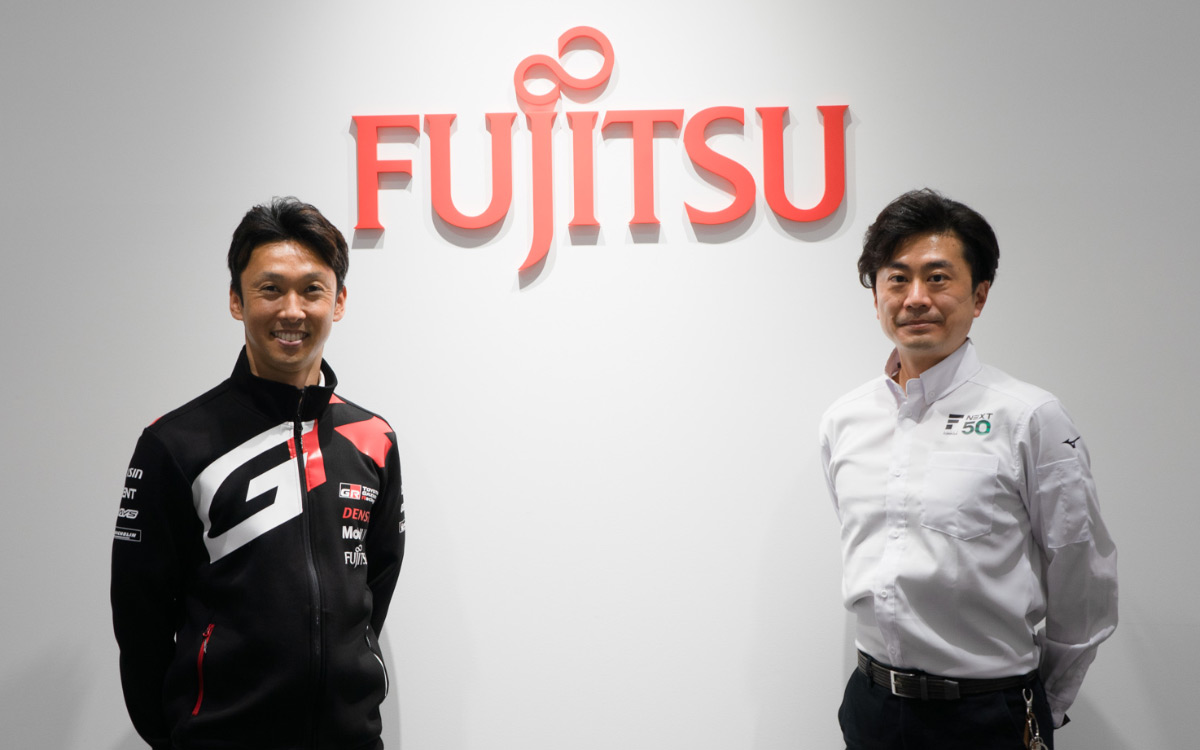
In my prior blog post, we explored the recent advances and efforts with quantum and quantum-inspired computing across a number of industries. This blog post provides definitions of these concepts and focuses on the specific applications and use cases that companies are working on today, highlighting the benefits they are finding.
Quantum vs Quantum-Inspired Computing
Quantum computing is the field of research and activity that has seen tremendous focus and advancement in the past five years.
Without going into all the technical and scientific details, this field is exploring how to harness the powers of quantum mechanics to build computers that operate on the basis of quantum bits, or “qubits.” The concept of qubits is different to digital bits since a qubit can be 0 and 1 at the same time, or any value in between; it is about measuring probabilities. This is called “super position” in quantum computing.
The challenge with quantum computers is that they are difficult and expensive to operate, requiring absolute zero temperatures, etc., which means only the largest technology companies and well-capitalized start-ups can afford to build and operate them.
Quantum-inspired computing, as a broad category, is the field that aims to avoid these challenges and still generate some of the benefits today that actual quantum computing will bring in the future. A great example of this are the efforts aimed at significantly improving our ability to solve larger and more complex combinatorial optimization (CO) problems.
CO problems are very common across industries and occur any time you have to find the maximum or minimum solution from a large but finite set of permutations or combinations. The Ford traffic optimization example discussed in my last blog post is a great example of a combinatorial optimization problem.
The good news for executives making the decision about which path to embark on is that the quantum annealing and quantum-inspired digital annealing algorithms are basically identical. That is why, at Fujitsu, we consider quantum-inspired computing to be a good bridge into the future of quantum computing.
There are two reasons for this:
- The Fujitsu Digital Annealer (DA) can solve problems we can’t solve with general-purpose classic computers and can’t yet solve with quantum computers. The DA is a solution that stands on its own even if you never transition to actual quantum computing, for example, due to ROI considerations.
- Any algorithms we develop on quantum-inspired computing platforms, such as the DA, will be able to get reused on future quantum computers when they come online. There is no throwaway development work and you’ll be able to transition seamlessly to quantum computing via the DA.
Digital Annealer Success Stories
Fujitsu is fortunate to have had the opportunity to work with some of the largest and most visionary companies in the world to demonstrate the value of the Digital Annealer. These clients have experienced the tangible impact this solution can have, and have understood the high ROI it can generate on their behalf.
Let’s look at three real-life examples.
1. BMW | Robot Positioning and Movement for PVC Sealing of Cars
Challenge: As part of the paint shop operation, cars have to undergo PVC sealing to make them waterproof. This is executed by multiple robots working in parallel to seal the car’s body in as little time as possible. The aim is to constantly find in near real-time the optimum paths for these robots’ movements.
Benefit: Working with the Fujitsu team, BMW demonstrated that the DA was able to optimize the robots’ movements for 64 seams in near real-time, finding the most optimal solution from among 1.8*10^106 possibilities. This resulted in accelerated completion of this complex sealing activity and the ability to move cars faster through the production process, which generates significant business benefits.
2. Main Incubator: R&D Unit of Commerzbank | Optimization of Vehicle Loan Portfolio Securitization
Challenge: Receivables from leasing contracts are sold to investors to optimize banks’ and leasing companies’ liquidity management. The bundling of the underlying assets into the tranches of the resulting tradable securities is a complex combinatorial optimization problem.
Benefit: The Digital Annealer optimized the bundling of loans, giving Commerzbank the ability to optimize portfolios with thousands of assets much faster than with traditional methods. Additionally, Fujitsu showed improvements measured by the lowering the total portfolio risk and increasing its overall value.
3. Toray Industries (Pharmaceuticals) | Optimizing Stability of Molecular Structures
Challenge: As part of drug R&D, researchers are looking to computer modeling as a means of predicting the optimal combinations of novel molecular arrangements, also known as the side chain conformation of proteins. The client decided to use the Digital Annealer to predict the most stable structures for side chain conformation of proteins.
Benefit: The client was excited that “the problem of the large proteins, which a general-purpose computer failed to solve after three to four hours of computation, was solved in about 20 seconds by Digital Annealer. ... we were able to arrive at answers which were out of reach using the conventional way.”
The Power of Digital Annealer
Quantum-inspired computing is fast becoming a widely adopted technique to solve combinatorial optimization problems at large scale. At Fujitsu, we’re continuously advancing what can be accomplished with the Digital Annealer, which is demonstrated by these exciting milestones, including:
- The first successful on-premise implementation of the Digital Annealer solution.
- Demonstrated scaling up to a 100,000-bit digital annealer solution to optimize production line scheduling for Fuji Film.
- The next-generation Digital Annealer solution with up to 1 million bits, expected later in 2020.
Given the fast pace of progress, our most important recommendation to executives is to start down this path now. There is no doubt that quantum computing will be available at scale in the near to mid-term future, and large companies can’t afford to risk being left behind.
And there is no better way to start your journey into quantum computing than by delivering significant value working with Fujitsu’s Digital Annealer. These results will ensure that your organization stays the course and becomes a leader in this new and exciting field, pushing the boundaries of what can be accomplished with computers starting today.
Learn more about how business leaders can harness the power of quantum-inspired computing today by downloading our latest whitepaper on the topic.












